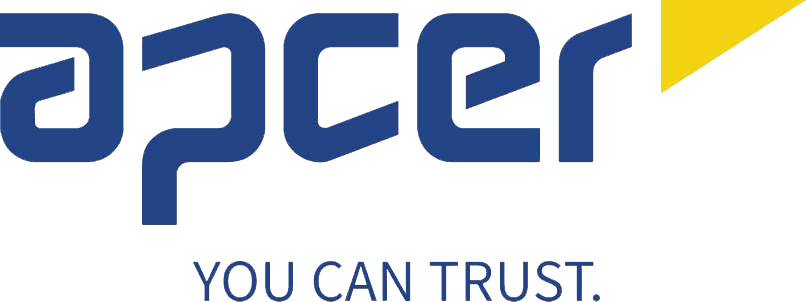Cyberattacks are evolving globally, with significant increases observed in 2024 compared to previous years. Specifically, there has been a 30% increase in weekly cyberattacks on corporate networks during the second quarter of 2024 compared to the same period in 2023 (Check Point Research Reports). This trend highlights a growing sophistication and persistence among cybercriminals. Education and research sectors have emerged as the top targets, experiencing a staggering 53% increase in attacks in Q2 2024 compared to Q2 2023, with an average of 3,341 attacks per organization weekly. Following this, the government and military sectors recorded an average of 2,084 attacks per week, while the healthcare sector saw an increase of 15%, with 1,999 attacks per organization weekly.
Other notable sectors experiencing increased attacks include manufacturing, which has seen a 56% increase in ransomware incidents, making it the most affected industry in terms of publicly extorted ransomware attacks. Overall, these statistics illustrate the urgent need for robust cybersecurity measures across all sectors to mitigate the risks associated with this rising tide of cyber threats. A single cyberattack can cause irreversible reputational damage, massive financial losses, and erode customer and partner trust. Therefore, cybersecurity should be viewed as an investment, not a cost. According to IBM, the average cost of a data breach was $4.45 million in 2023, with even higher costs for critical sectors like finance and healthcare.
This is where standards like ISO 27001 come into play. This international standard provides a systematic approach to protecting sensitive information, ensuring the confidentiality, integrity, and availability of data. Implementing ISO 27001 is not only good cybersecurity practice but also a competitive differentiator. The standard outlines requirements for establishing, maintaining, and continually improving an Information Security Management System (ISMS), helping to prevent attacks and minimize damage if one occurs.
In addition to ISO 27001, ISO 27002 complements it with a specific set of controls for information security management. Together, these standards help organizations build a robust cybersecurity culture, crucial in a landscape where attacks are increasing at an alarming rate.
In a rapidly evolving cyber threat environment, with trends like the expansion of ransomware-as-a-service and the growing use of artificial intelligence for automated attacks, a strategic approach based on proven standards is essential. Compliance with ISO 27001 is not just a protective measure but a strategic necessity. Companies that adopt these practices can avoid the devastating impacts of cyberattacks and boost market and customer trust. The future of digital security depends on the resilience that businesses build today.















